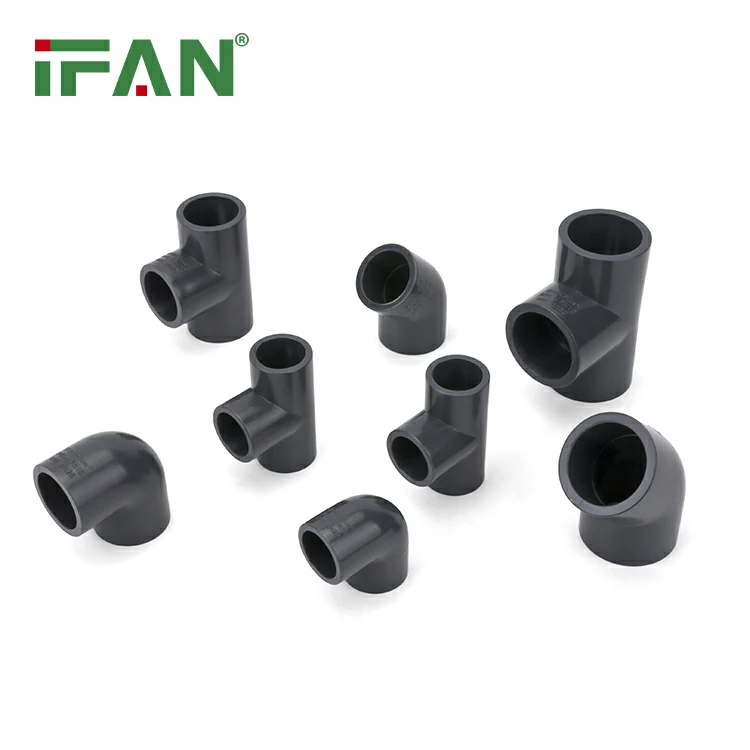Introduction to UPVC Pipe Fittings
UPVC Pipe Fittings are widely used in plumbing and drainage systems. They are known for their durability, chemical resistance, and cost-effectiveness. Understanding their life expectancy helps in planning and maintaining systems effectively. This article explores the factors influencing their lifespan.
Material Properties of UPVC Pipe Fittings
UPVC pipe fittings are made from rigid PVC without plasticizers. This makes them strong, durable, and resistant to corrosion. They are ideal for both residential and industrial applications. Their material properties contribute significantly to their long life expectancy.
Typical Life Expectancy of UPVC Pipe Fittings
UPVC pipe fittings can last 50 to 100 years under optimal conditions. Their lifespan depends on factors like installation quality, environmental conditions, and usage. For example, in well-maintained systems, UPVC fittings often exceed 75 years of service.
Factors Affecting Lifespan
The life expectancy of UPVC pipe fittings is influenced by several factors. These include exposure to UV rays, temperature fluctuations, and chemical exposure. Proper installation and maintenance also play a crucial role. Ignoring these factors can reduce their lifespan significantly.

Impact of Installation Quality
High-quality installation ensures the longevity of UPVC pipe fittings. Poorly installed fittings may develop leaks or cracks over time. For example, using the right adhesives and ensuring proper alignment can prevent premature failure. Professional installation is recommended for optimal results.
Environmental Conditions and Usage
Environmental conditions like extreme temperatures or UV exposure can degrade UPVC pipe fitting. Usage in high-pressure or high-temperature systems can also reduce their lifespan. For instance, outdoor fittings exposed to sunlight may require protective coatings to extend their life.
Maintenance Practices
Regular maintenance can significantly extend the life of UPVC pipe fitting. Inspections for cracks, leaks, or discoloration help identify issues early. Cleaning and protecting fittings from harsh chemicals or physical damage also contribute to their longevity. Proper maintenance ensures reliable performance.
Conclusion
UPVC pipe fittings are durable and long-lasting, with a typical life expectancy of 50 to 100 years. Their lifespan depends on installation quality, environmental conditions, and maintenance practices. By addressing these factors, users can maximize the life of UPVC fittings. These fittings remain a reliable choice for plumbing and drainage systems.

